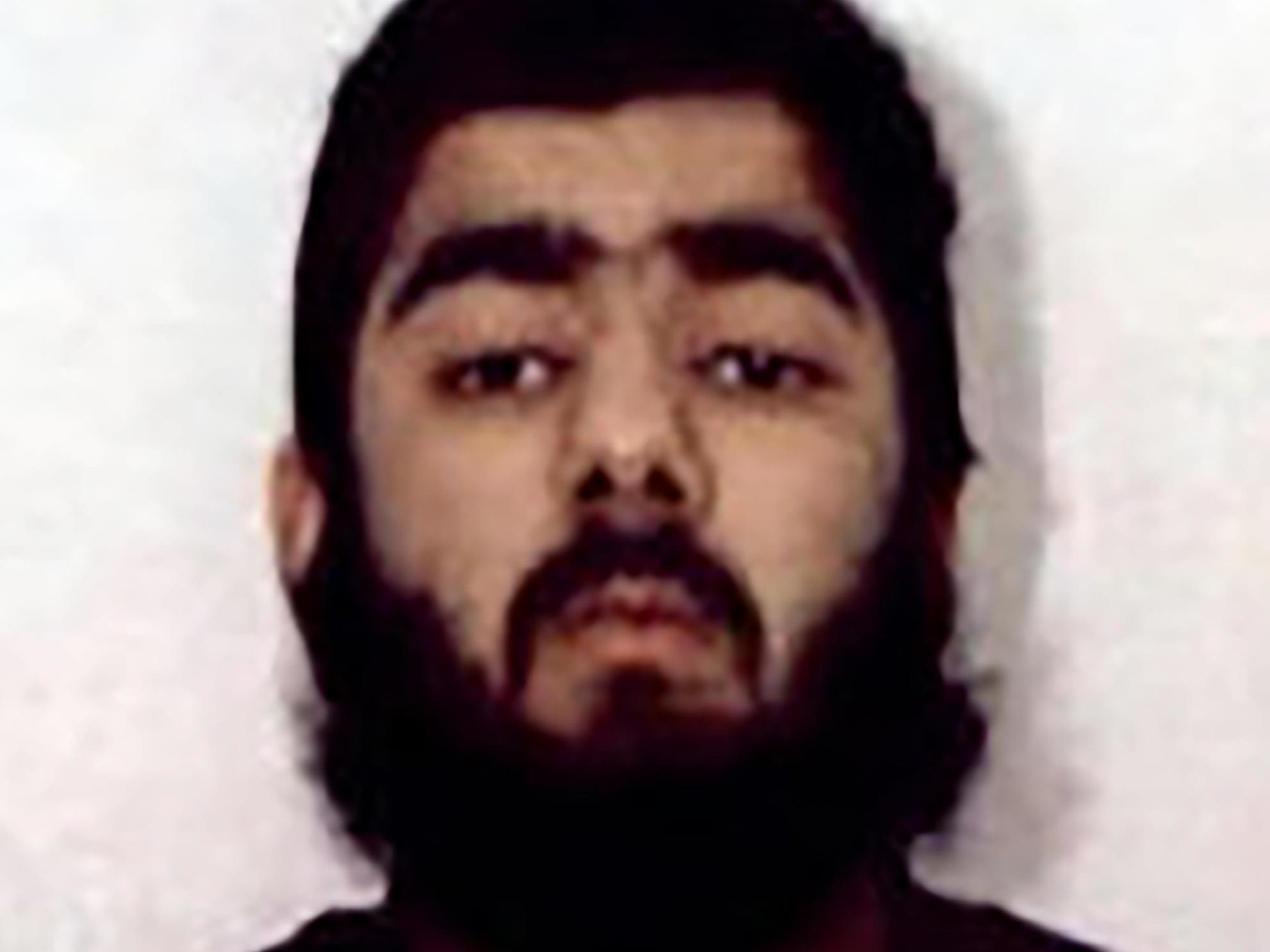London Bridge terror attack: Police investigated over ‘management’ of Usman Khan before stabbing
Terrorist was supposed to be monitored by both probation officers and police as part of protection arrangements
Your support helps us to tell the story
From reproductive rights to climate change to Big Tech, The Independent is on the ground when the story is developing. Whether it's investigating the financials of Elon Musk's pro-Trump PAC or producing our latest documentary, 'The A Word', which shines a light on the American women fighting for reproductive rights, we know how important it is to parse out the facts from the messaging.
At such a critical moment in US history, we need reporters on the ground. Your donation allows us to keep sending journalists to speak to both sides of the story.
The Independent is trusted by Americans across the entire political spectrum. And unlike many other quality news outlets, we choose not to lock Americans out of our reporting and analysis with paywalls. We believe quality journalism should be available to everyone, paid for by those who can afford it.
Your support makes all the difference.Staffordshire Police will be investigated for its role in the management of London Bridge attacker Usman Khan following his release from prison, the police watchdog has said.
The Independent Office for Police Conduct (IOPC) had already begun an investigation into the fatal shooting of Khan by Metropolitan and City of London Police officers, which is standard for such incidents.
But the watchdog has now launched a separate investigation after they received a referral from Staffordshire Police relating to its contact with the convicted terrorist, who was living in Stafford, prior to the attack.
“After we requested and received further information from the force, we concluded that a separate independent investigation should be conducted,” a spokesperson said. “This investigation is still in its very early stages.”
The nature of the alleged failings have not been made public, but Khan was supposed to be monitored by both probation officers and police as part of public protection arrangements.
Khan, originally from Stoke-on-Trent, had been living in a block of flats in Stafford.
He had been jailed for his part in an al-Qaeda inspired bombing plot in 2012 and was released from prison by mistake in December last year.
The Independent understands that he was being monitored by MI5 and was subject to multi-agency public protection arrangements involving police and probation.
Khan was also under 22 licence conditions limiting his activities, movement and associations, which should have been enforced.
As part of such arrangements, police are expected to share intelligence on potential breaches or concerning activity with probation and the security services.
“It is essential that the police share all relevant information,” Ministry of Justice guidance states. “It is crucial that there is good communication between the different police teams.”
Khan had been given permission to travel to London to attend a prisoner rehabilitation conference at Fishmongers’ Hall, where he launched his attack on 29 November.
On a previous visit to London, to an event in Whitehall, he had been escorted and the reason for the security downgrade has not been publicly stated.
His victims – Jack Merritt and Saskia Jones – were both part of the Cambridge University-linked Learning Together prison education programme.
They were both stabbed to death, while Khan died after being chased onto London Bridge and shot by police who feared his fake suicide vest was real.

The IOPC is also investigating the Metropolitan Police and City of London officers involved in the armed response.
“Our investigation, which began immediately after the incident, is examining the circumstances of the fatal shooting and the actions and decisions including the use of lethal force, of the officers involved in the police response,” a spokesperson said.
“All officers involved are being treated as witnesses.”
The probe was announced amid reports a ricochet from a police bullet may have passed through a double-decker London bus during the incident.
A photograph passed to the BBC appeared to show a round entry hole in the front top deck window, and shattered rear window.
Footage showed armed officers pulling members of the public who had been fighting Khan off him before shooting him in the chest.
During the 2017 London Bridge attack, a stray bullet struck a drinker in a nearby pub in the head, but he survived.
IOPC investigators have already seized witness statements, physical evidence, CCTV and body worn video from the officers concerned.
London director Sal Naseem said: “Our thoughts and sympathies remain with all of those affected by the events of Friday 29 November. This was a fast-moving and dangerous situation to which the police had to respond extremely quickly and I pay tribute to the bravery of all those who responded.
“We are liaising with the coroner and working hard to ensure our investigation into the fatal shooting is completed as quickly as possible. We will be updating Mr Khan’s family and the forces involved as we progress.”
The attack has raised fresh questions over processes for deradicalising terror offenders in prison, assessing the risk they pose and monitoring them upon release.
Four days after the incident, a separation centre designed to hold the most dangerous terrorist prisoners was closed.
The Ministry of Justice insisted the closure was temporary and said the capacity was not currently needed, but a former prison governor who led a review of Islamist extremism in British jails said the centre had not been used properly.
“It’s a completely unacceptable situation that has to be transformed,” Ian Acheson told The Independent.
“We owe an obligation to completely review the quality of risk management in the prison service, because we don’t want any more of these tragedies to happen.”

Join our commenting forum
Join thought-provoking conversations, follow other Independent readers and see their replies
Comments